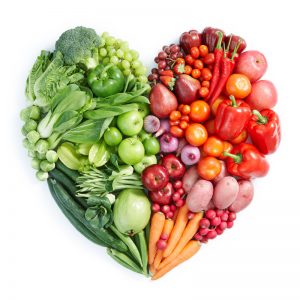
Wellness comes in many forms; exercise, stress management and eating well all can contribute to feeling and looking healthier. One recent trend that has gained traction is detoxing or cleansing diets – promising to flush away toxins while simultaneously kickstarting weight loss and becoming popular with celebrities and social media influencers alike. Do these methods really live up to their promise?
A detox diet typically includes fasting for several days before following a very restricted menu of juices, smoothies, fruits, vegetables, herbs, laxative teas and supplements for several weeks – typically lasting three weeks with possible costs approaching three hundred dollars for supplements and other detox products.
Detox diets operate under the assumption that our bodies are full of toxins due to modern lifestyle factors, including pollution, environmental chemicals, medications, alcohol and food additives. But our bodies already possess an inbuilt mechanism designed to naturally detoxify themselves – our liver, kidneys, skin and lungs are constantly filtering waste out from head-to-toe!
Another reason detoxes and cleanses don’t work is their extreme dietary restrictions that are unsustainable long-term, forcing your body into starvation mode while causing fat storage to increase and metabolic processes to slow. Simply put, they offer false hope of improvement.
Although detoxes may temporarily improve your health, they won’t alter or enhance it in the long run. Following one could actually lead to unhealthy behaviors like excessive dieting or taking herbal supplements that could be potentially dangerous for those with certain health conditions.
One study published in AKJournals suggests that detox diets’ restrictive nature may contribute to eating disorders like orthorexia nervosa – in which people become overly preoccupied with eating healthy food and restrict their consumption beyond what is safe and necessary – an eating disorder where individuals become obsessed with restricting intake in an attempt to look perfect or maintain ideal weight. Diets that only allow juices and fruit may rob your body of essential vitamins, making consultation with a healthcare professional essential before undertaking such restrictive regimens.
For optimal wellness, it is best to consume a diet rich in whole grains, fruits, vegetables, nuts and seeds – this will allow your body to perform its natural detox processes while leaving room for occasional indulgences and mindful choices. When it comes to detoxing properly, listen to what your body tells you – when too much meat, dairy or processed food has been consumed it should let you know. Finally, never consume foods high in added sugar, sodium or saturated fat as these ingredients could cause unwanted side effects such as bloating, weight gain or high blood pressure.




